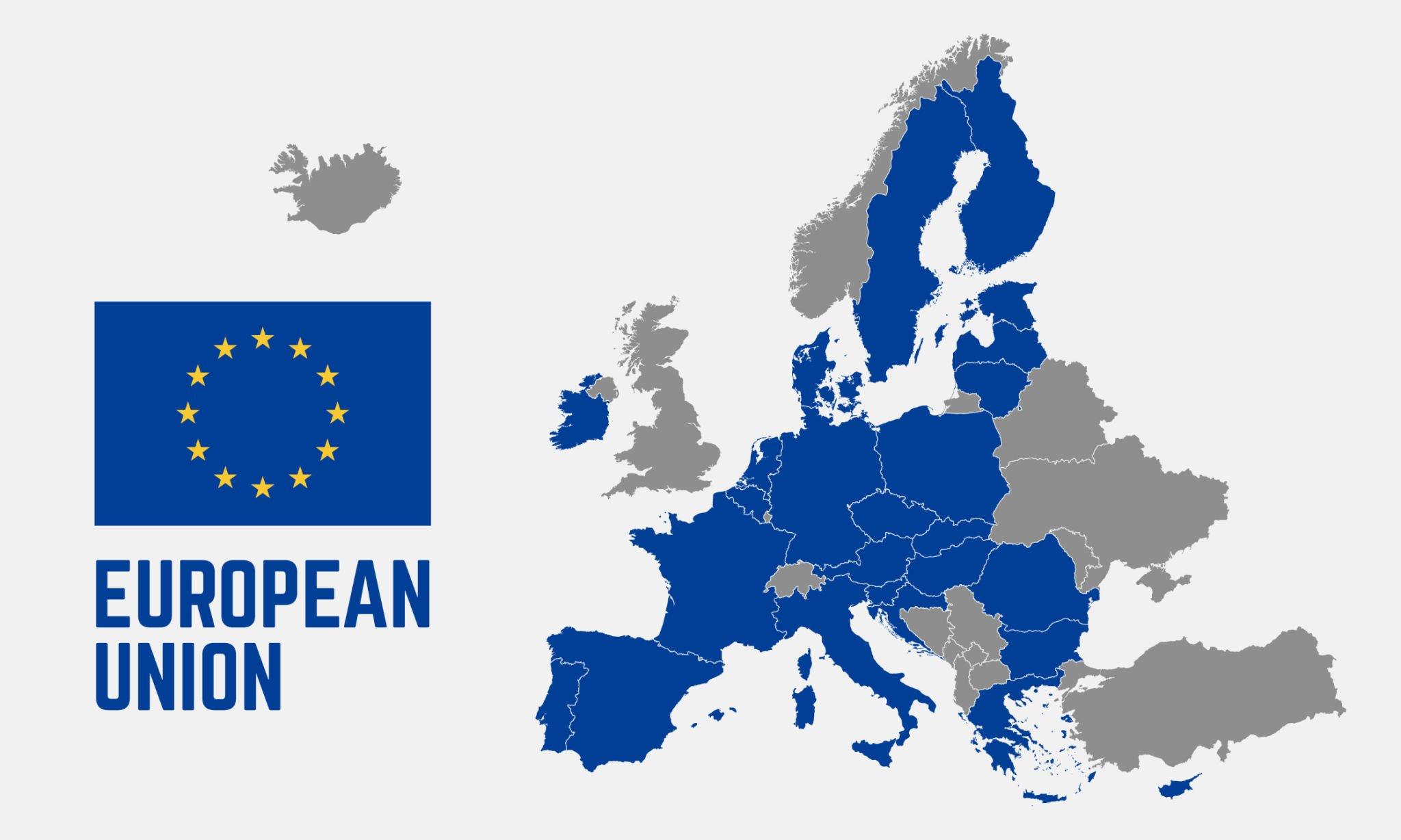Pursuing higher education in Canada isn't just about earning a degree; it's your pathway to a brighter future. Canada, with its inclusive society, prestigious universities and colleges, and robust job market, has become the top choice for international students like you. Let's explore the crucial factors that make studying in Canada a life-changing opportunity:
World-Class Education
Canadian universities are globally renowned for their exceptional quality of education and cutting-edge research facilities. When you enroll in a Canadian institution, you're not just getting a degree; you're gaining access to diverse programs that cater to various interests and career paths, from business and engineering to arts and healthcare. Tuition in Canada is competitive, with an average cost of around 21,000 CAD. You can explore the types of institutions and variety of programs here.
Path to Permanent Residency
Canada highly values international students as potential contributors to its vibrant economy and cultural diversity. Studying in Canada can open doors to a post-graduation work permit (PGWP), allowing you to gain valuable work experience. This experience can serve as a bridge to permanent residency through programs like the Canadian Experience Class (CEC) or Provincial Nominee Programs (PNPs). Canada prioritizes international graduates in its immigration pathways, making it easier for you to establish a long-term presence in the country.
Work Opportunities
One of the significant advantages of studying in Canada is the opportunity to work part-time while pursuing your degree. This not only helps with living expenses but also allows you to gain practical experience and build connections in your field. With a student visa, you can work up to 20 hours per week during academic sessions and full-time during breaks.
Supportive and Inclusive Community
Canada is renowned for its warm and inclusive environment, embracing individuals from all corners of the globe. As an international student, you'll find robust support systems on campus, including dedicated advisors and multicultural clubs. This nurturing environment fosters personal growth and helps you feel at home, even when you're far away from home.
Intake Periods in Canada
Studying in Canada offers you flexibility when it comes to starting your educational journey. Canadian institutions typically offer multiple intake periods throughout the year, allowing students to choose the one that aligns best with their academic and personal timelines. Below are the main intake periods for international students in Canada:
- Fall Intake (September): This is the most popular intake period, with numerous programs available at both the undergraduate and postgraduate levels. It marks the beginning of the academic year, offering a fresh start for students.
- Winter Intake (January): Ideal for those who missed the fall intake or prefer starting their studies in the new year. While not as common as the fall intake, many institutions still offer a variety of programs for winter intake.
- Spirng/Summer Intake (May/July): Some institutions provide additional flexibility with spring (May) or summer (July) intakes. These are excellent options for students looking to fast-track their education or join specific programs.
Keep in mind that the availability of intakes can vary between programs and institutions. To determine the exact intake periods and application deadlines for your chosen program. For the most current admission requirements for our institution, please get in touch with us.
Admission Requirements in Canada
Understanding the admission requirements in Canada is crucial for prospective students. Here are some general guidelines:
- College Programs: Applicants with secondary school leaving certificates can apply to college programs.
- University Programs: For universities, strong academic results are typically required. The specific admission criteria may vary between institutions and programs.
- Master's Programs: Master's program applicants should have an above-average academic record. It is generally difficult to gain admission to a master's program in Canada with a third-class degree or an HND. However, applicants with such qualifications may qualify for a postgraduate diploma, depending on the nature of the course.
- Application Fees: Universities and colleges in Canada often charge application fees. These fees can range from approximately $100 to $150 CAD or more, depending on the institution. It's important to check the application fee requirements of the specific colleges or universities you're interested in.
Canadian Visa Application
The most significant documents you need are a proof of admission and proof of funds.
Financial Requirements for Study Visa:
- Tuition fees/proof of tuition fees for one academic year.
- Living expenses, estimated at around $11,000 CAD per year. To explore Canadian visa application requirements and processes, we recommend visiting the official website of the Government of Canada's immigration department.
- Proof of funds for return transportation.
- Requirements may vary based on your specific circumstances and location.
Important to note that the Canadian Embassy has a selective immigration process, with a worldwide acceptance rate of approximately 33%. In contrast, many African countries see an average acceptance rate of around 17%. Due diligence and professional guidance are crucial during the application phase.
Contact us now and embark on your educational adventure in Canada!






Comments (4)
Leave a Comment